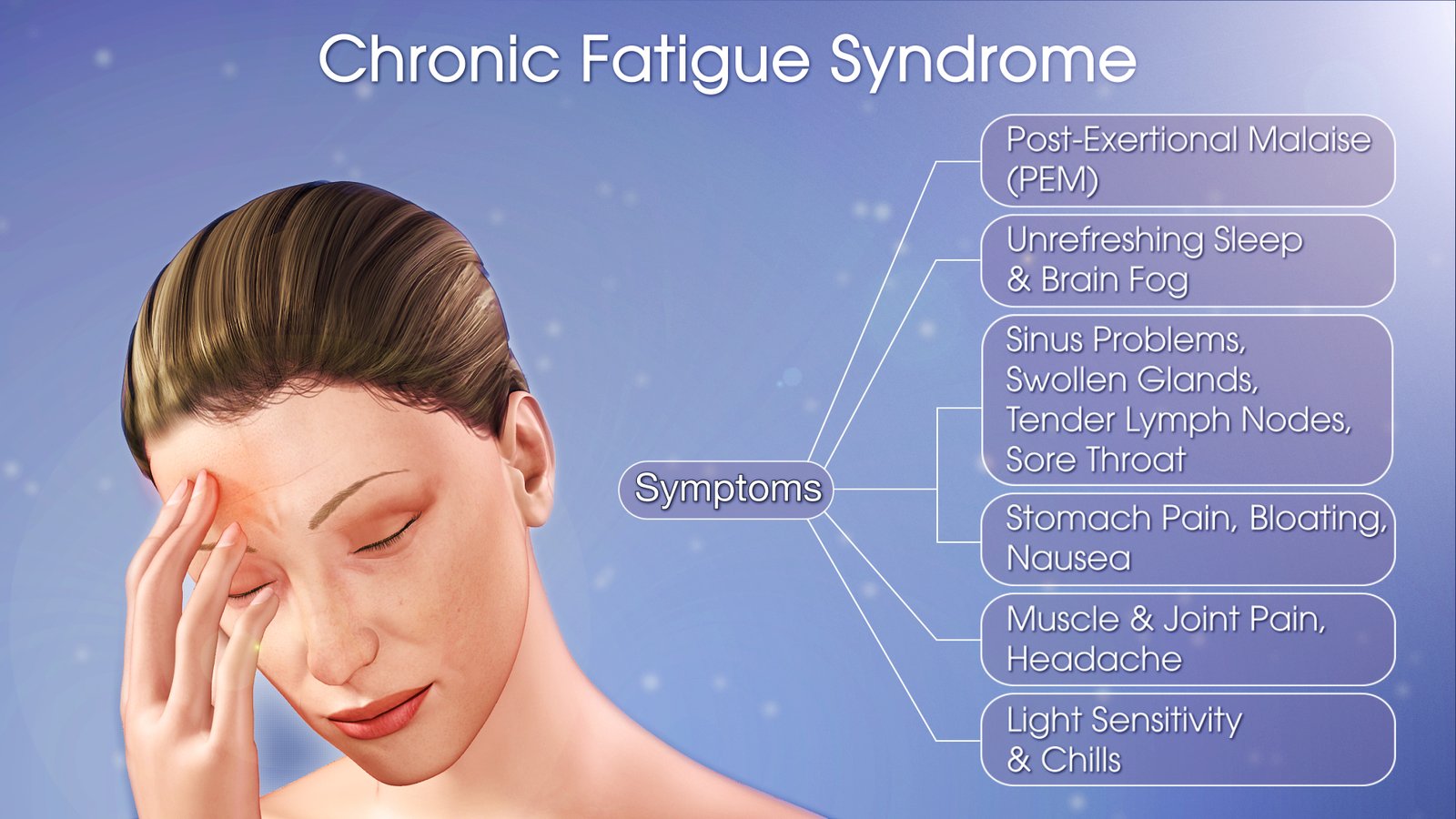Top 10 Healthy Meal Prep Ideas for Busy People
Quick & Easy Recipes 2025 Healthy Meal Prep Ideas for Busy People Aaj ke busy lifestyle mein healthy khana khana mushkil lagta hai. Office, family aur personal commitments ke beech time nikalna tough hota hai, aur is wajah se log aksar fast food ya unhealthy snacks par depend karte hain. Lekin solution simple hai — … Read more










